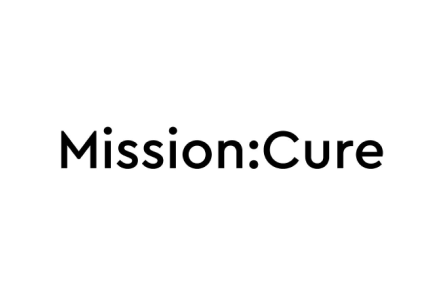Mission: Cure
Cycle 2
Chronic pancreatitis is the inflammation of the pancreas, the organ that produces digestive enzymes and insulin. The continued inflammation leads to permanent damage and scarring of the pancreas. This scarring causes digestive problems and eventually leads to diabetes. Chronic pancreatitis patients experience extreme abdominal pain and are at exceptionally high risk for pancreatic cancer.
Last updated 04/30/2025
Clinical
Disease Class
Abdominal surgical diseases
Channelopathies
Diseases due to toxic effects
Endocrine diseases
Gastroenterological diseases
Genetic diseases
Body Systems
Digestive
Endocrine
Organs
Pancreas
Known Genetic Link
Yes, there are both genes that cause the condition and genetic factors that contribute
causative_genes
PRSS1
contributory_genes
CASR
CEL
CFTR
CLDN2
CTRC
SPINK1
Type of Inheritance
Autosomal dominant
Not specified / unknown
Newborn Screening
No
Disease Mechanism(s)
Abnormal channel regulation
Abnormal protein degradation
Autoimmune
Autophagic dysfunction
Extracellular matrix abnormality
Ion channel dysfunction
Pathogenic mutation
Protein misfolding
Age of Onset
Adolescence (12-17)
Adulthood (age 18-64)
Early childhood (age 1+-5)
Elderly (age 65+)
Infancy (age 0-1)
Middle childhood (6-11)
Average Age at Diagnosis
Adulthood (age 18-64)
Life Expectancy
Adulthood (age 18-64)
Affected Sex(es)
Female
Intersex
Male
National Prevalence
10000+
Global Prevalence
10000+
National Incidence
Less than 10
Global Incidence
11-50
Populations and/or ancestry with higher prevalence
Higher average incidence for Black people
Symptoms / Phenotypes
diabetes
diarrhea
fatigue
malnutrition
pain, abdominal
pain, chronic
vomiting / nausea
weight loss
Biomarkers
None
Existing Therapies
Complementary and Alternative treatments
· Diet Modification, Nutritional Supplements (curcumin, Vitamin D, N-Acetyl Cystene), Meditation, Cognitive Behavioral Therapy
FDA-Approved for Symptom Relief
· Opioids
FDA-Approved to Cure or Modify the Disease
· Tryngolza (olezarsen) (only for pancreatitis caused by FCS)
Organizational & Research
Cell Lines
None
Cell Lines, Institution
None
Cell Lines, share
N/A
Disease Model
Organoids
Disease Model, Involvement
Consulted
Disease Model, share
No
Clinical Trial Role
Funding
Meeting with regulators
Outcome measures, development
Recruitment and outreach, patients
Recruitment and outreach, trial sites/physicians
Results dissemination, publication
Study material design, review (not protocol)
Study protocol design, review
Biobank, Institution
None
Center of Excellence, Institution
Johns Hopkins Hospital
Center of Excellence, Involvement
Consulted
Funded
Registry
No, we do not have a registry and have no plans to create one
Natural History Study
No, we do not have a natural history study, but we plan to create or collaborate on one
FDA Patient Listening Session
Yes
FDA Patient-Focused Drug Development (PFDD) Program
Yes
ICD Codes
We use an ICD-10 code capturing the family of diseases to which our disease belongs
We use an ICD-11 code capturing the family of diseases to which our disease belongs
Diagnostic Guidelines
Yes, we have guidance available on our website
Science Advisory Board Policies
Does not have an SAB
Research Network Policies
Does not have a CRN
Research Roadmap
Yes we have a Research Roadmap, and will share policies
International Chapters
None
International Partners
Europe
Middle East
